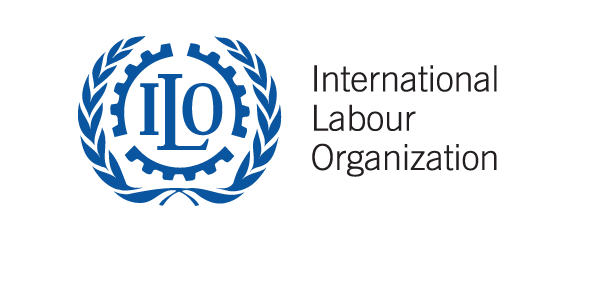31 May, 2023The mission of the International Labour Organization (ILO) is to promote social justice and internationally recognized human and labour rights, based on the founding principle that social justice is essential to universal and lasting peace.
Established in 1919 as part of the Treaty of Versailles that ended World War 1, it is the only tripartite United Nations agency - bringing together governments, employers and workers representatives from its 187 member states.
The International Labour Office, the ILO’s secretariat, employs some 2,700 people from 150 countries at its headquarters in Geneva, Switzerland, and in around 40 countries around the world. Its activities are directed by the Director-General and the ILO’s Governing Body, which includes representatives from member states, workers’ and employers’ groups.
Decent Work Agenda
As part of its mission, the ILO aims to achieve decent work for all by promoting social dialogue, social protection and employment creation, as well as respect for international labour standards. The ILO provides technical support to more than 100 countries to help achieve these aims, with the support of development partners.
International labour standards
The ILO sets international labour standards with Conventions, which are ratified by member states, or Recommendations, which are non-binding.
Conventions are drawn up with input from governments, workers’ and employers’ groups at the ILO. Conventions are adopted by the International Labour Conference, which meets every year in Geneva.
In ratifying an ILO Convention, a member state accepts it as a legally binding instrument. Many countries use the Conventions as a tool to bring national laws in line with international standards.
ILO Declaration on Fundamental Principles and Rights at Work
Adopted in 1998 and amended in 2022, the Declaration commits member states to respect and promote eight fundamental principles and rights in five categories, whether or not they have ratified the relevant Conventions.
They are:
- freedom of association and the right to collective bargaining (Conventions 87 and 98)
- the elimination of forced or compulsory labour (No. 29 and No. 105)
- the abolition of child labour (Conventions No. 138 and No. 182)
- the elimination of discrimination in respect of employment and occupation (Conventions No. 100 and No. 111)
- a safe and healthy working environment (Conventions No. 155 and No. 187)
Trade unions at the ILO
Worker group representation is drawn from national trade union confederations, so trade unions play a crucial role in developing policy at the ILO. The Bureau for Workers' Activities (ACTRAV) at the secretariat is dedicated to strengthening independent and democratic trade unions so they can better defend workers’ rights and interests.
The workers’ guide developed by ACTRAV provides an overview of the principles on freedom of association established by the ILO supervisory bodies, and helps to understand how ILO procedures can be best used to secure and promote freedom of association.
The ILO’s supervisory role
The ILO monitors the implementation of ILO Conventions ratified by member states. This is done through the ILO Committee of Experts on the Application of Conventions and Recommendations monitors compliance with international labour standards. Complaints can be filed against member states for not complying with ILO Conventions they have ratified. Only complaints against governments can be submitted, to be heard during the International Labour Conference every summer.
It is also done through the International Labour Conference’s Tripartite Committee on the Application of Conventions and Recommendations.
Member states are also required to send reports on the progress of the implementation of the Conventions they have ratified.
Complaints
Complaints can be filed against member states for not complying with ILO Conventions they have ratified. Complaints can be from another member state which has signed the same Convention, a delegate to the International Labour Conference or the ILO’s own Governing Body.
Trade unions use the complaint procedure and the International Labour Conference to bring attention to labour and workers’ rights violations in member states.
In the framework of the ILO Tripartite Declaration of Principles on Multinational Enterprises and Social Policy (MNE Declaration), the ILO has set up a procedure to support dialogues involving multinational enterprises and the representatives of the workers on the application of the principles of the MNE Declaration: Company-Union Dialogue
For more information, go to www.ilo.org
